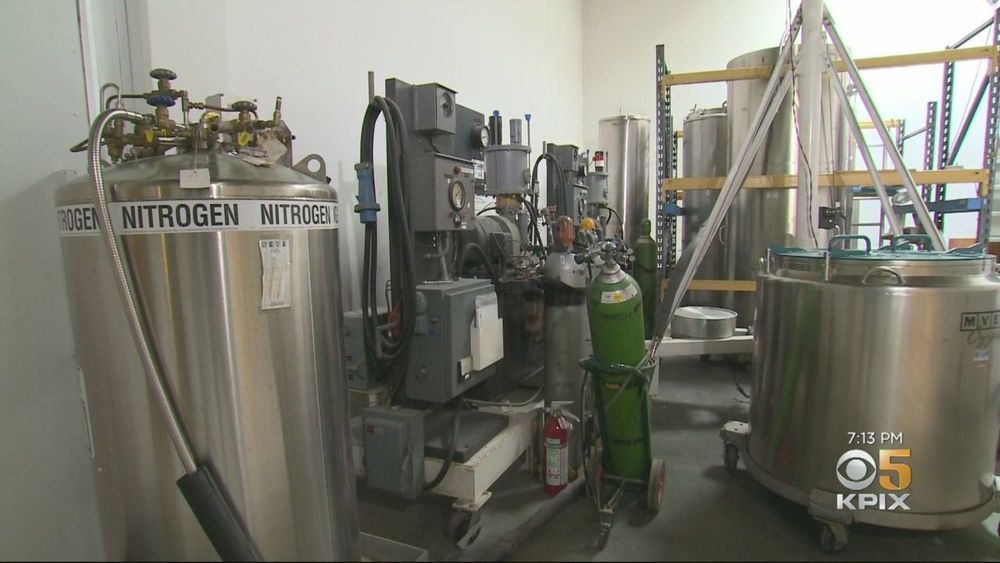Besides biological immortality, there is also the possibility of digital immortality. The Human Connectome Project launched in 2010 aimed at mapping the entire human brain and to build its “network map” (connectome) to connect its structure to function and behaviour. Once the neural structure of the brain is completely deciphered, the mind can be uploaded into a computer that could control a robot that replicates a human in every respect.
The quest for eternal life is as old as humanity itself. “Grant us liberation from death for the sake of immortality, as the cucumber is severed from its bondage to the creeper”, runs one of the ancient Hindu prayers in the Mahamrityunjay, or the “great death-conquering” mantra. Death is the ultimate end, mysterious and terrible, against which even the strongest is powerless.
How to conquer death is a question every civilisation has tried to address. Myths have grown around immortal beings like gods in every culture, and of valiant but futile attempts of mortal men to attain immortality. But science may be closer to finding an answer to this ancient quest now more than ever before. In the early history of life, unicellular organisms like prokaryotes, protozoans and algae had ageless bodies and were immortal.
The advent of sexual reproduction boosted our chances of survival manifold. It also brought about ageing and death about a billion years ago. But Nature provides examples of immortality: a bacteria does not die naturally unless killed by an antibiotic or UV ray, strawberry plants clone themselves, and the tiny hydrozoans regenerate themselves to defy ageing and death. Cancer cells are also potentially immortal. But first let us be clear about the concept of immortality, which means defying death in order to live forever. But actually, what is ‘forever’? Around 1900, the average life expectancy in the world was only 31 years.
Read more






